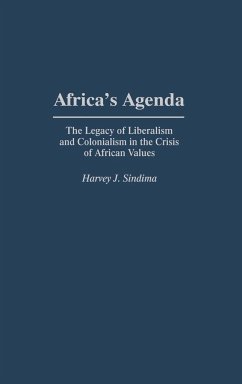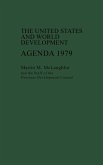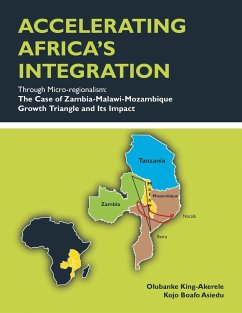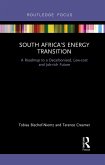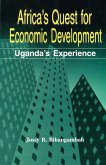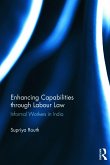Liberal philosophy came to Africa through colonialism: it was taught in schools, preached and supported by the churches, and maintained and encouraged by an economic system characterized by competition and maximizing profit-capitalism. Thirty years after independence, liberal philosophy continues to erode traditional values in Africa. To redirect Africans to symbols of common life and respect for persons, nationalist leaders have tried other philosophies: negritude, African socialism, and humanism. This book shows the limitations of these philosophies, and the failure of African philosophy and theology to offer a paradigm for social change. The author proposes a new paradigm for transformation, one rooted in traditional thought, found in the concepts of moyo (life) and umunthu (personhood).
Hinweis: Dieser Artikel kann nur an eine deutsche Lieferadresse ausgeliefert werden.
Hinweis: Dieser Artikel kann nur an eine deutsche Lieferadresse ausgeliefert werden.

